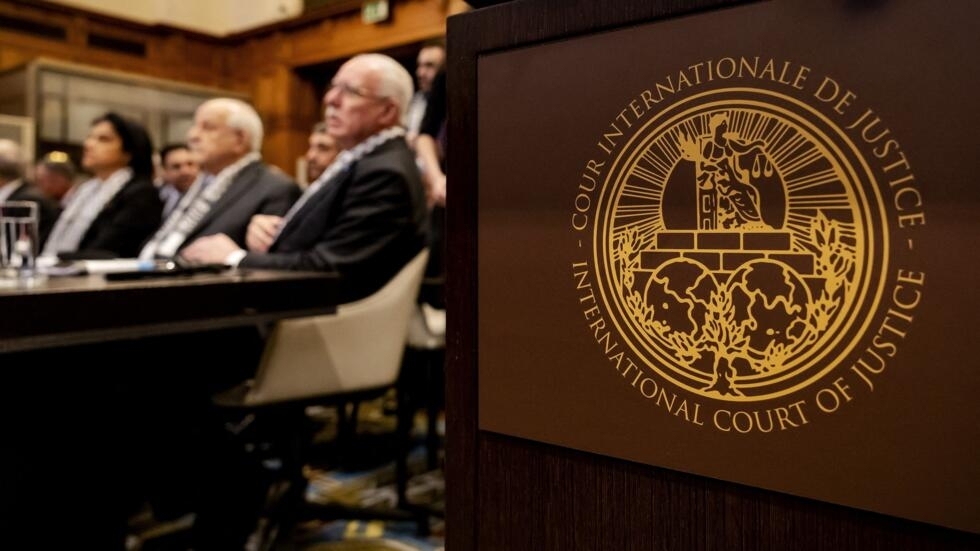The UN’s top court will deliver its opinion on the legal consequences of Israel’s occupation of Palestinian territories since 1967 on Friday, amid growing international pressure over the Gaza conflict.
Although any opinion from the International Court of Justice (ICJ) would be non-binding, it comes at a time of heightened concern over Israel’s actions against Hamas following the group’s brutal attacks on October 7.
Separately, a high-profile case brought by South Africa accuses Israel of committing genocidal acts during its Gaza offensive.
Judges will present their findings at 1300 GMT at the Peace Palace in The Hague, where the ICJ is based.
In late 2022, the UN General Assembly asked the ICJ for an “advisory opinion” on the “legal consequences arising from the policies and practices of Israel in the Occupied Palestinian Territory, including East Jerusalem.”
The ICJ held hearings in February to gather submissions from various countries. Most speakers urged Israel to end its 57-year occupation, warning that prolonged occupation posed a severe threat to stability in the Middle East and beyond.
The United States argued that Israel should not be legally required to withdraw without considering its “very real security needs.”
Israel did not participate in the oral hearings but submitted a written statement, calling the court’s questions “prejudicial” and “tendentious.”
‘Ongoing violation’ The General Assembly has asked the ICJ to address two main questions.
Firstly, the court should assess the legal consequences of what the UN terms “the ongoing violation by Israel of the right of the Palestinian people to self-determination.” This pertains to the “prolonged occupation, settlement, and annexation of the Palestinian territory occupied since 1967” and actions aimed at altering the demographic composition and status of Jerusalem.
In the 1967 Six-Day War, Israel seized the West Bank, including East Jerusalem, from Jordan, the Golan Heights from Syria, and the Gaza Strip and Sinai Peninsula from Egypt. Israel began settling the seized territories, which the UN later declared illegal. Egypt regained Sinai under the 1979 peace agreement with Israel.
The ICJ is also asked to consider the consequences of Israel’s “adoption of related discriminatory legislation and measures.”
Secondly, the ICJ should advise on how Israel’s actions “affect the legal status of the occupation” and the implications for the UN and other countries.
The ICJ typically resolves disputes between states, and its judgments are usually binding, though it has limited means to enforce them. In this case, the opinion will be non-binding, although most advisory opinions are generally acted upon.




